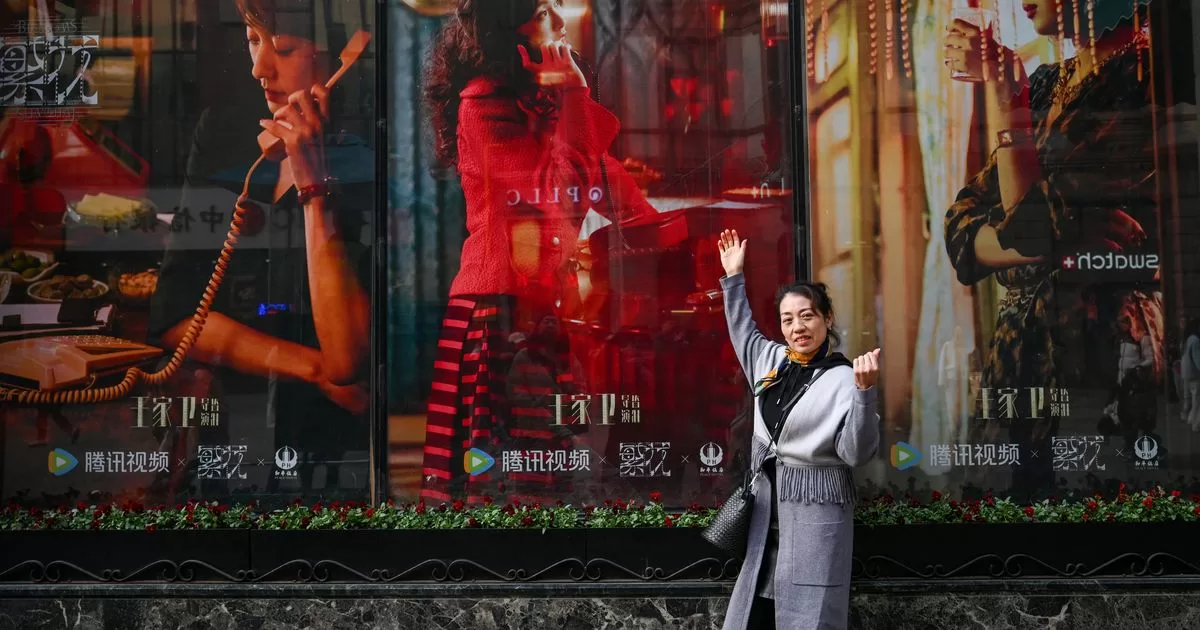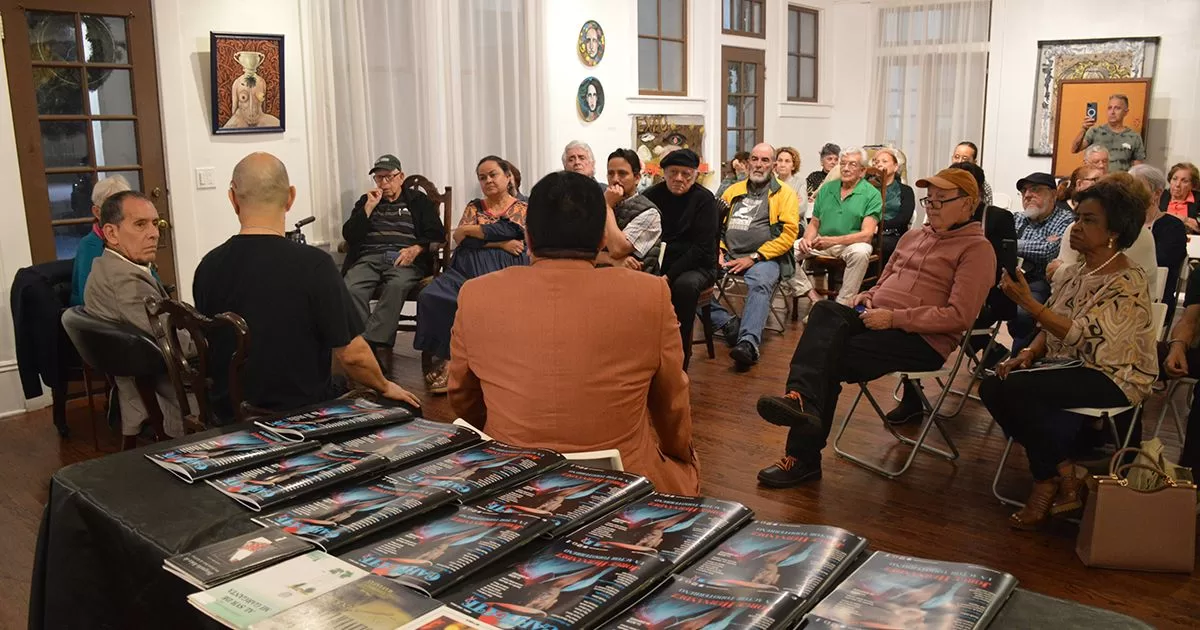SHANGHI.- A successful serie of television film-maker Wong Kar-wai, set in the gritty but glamorous Shanghai of the 1990s, unleashed a wave of nostalgia for the golden age of the megacity, and revived interest in its increasingly less used dialect.
The Serie Blossoms Shanghai is the debut of the Hong Kong author on the small screen, and portrays the rise of its protagonist, an unknown who becomes a business magnate during the Chinese economic opening.
Its cast includes Chinese superstars Hu Ge and Ma Yili, but it is the vernacular Shanghainese who is the real protagonist. It is a rare starring role for the language, once valued to distinguish locals from those in other parts of China.
Wong’s films are generally spoken in Cantonese, the language of Hong Kong, even in Happy together, from 1997, about a gay Hong Kong couple in Buenos Aires. He also directed in English My blueberry nights2007. Although Shanghainese is spoken by about 14 million people, it has disappeared from everyday use after decades of government efforts to limit local dialects and promote Mandarin.
“I was very happy that we Shanghainese had another television program of our own,” Xie Niyun, 22, told AFP while photographing a display of Blossoms outside the Peace Hotel in Shanghai.
The dialect
Mandarin is the official Chinese language, but its 1.4 billion people also speak dozens of regional languages.
The series launched in December can be seen in Mandarin or Shanghainese, something rare in a major television production. Social media users posted tutorials on common Shanghainese phrases and debated the accuracy of the series’ language.
The enthusiasm is reminiscent of that generated by the romantic comedy B for Busy, of 2021, which also used Shanghainese in part of its dialogues. That interest was enhanced by the celebrity of director Wong and the actors.
Fans have flocked to filming sites in the city, including the nearly century-old Peace Hotel and the Cathay Theatre, art deco.
Themed walks and special menus have sprung up throughout the city seeking to capitalize on the series’ popularity.
“Seeing Blossoms “I feel like we are seeing the happy times of our parents, when they were our age,” Duan, in his 30s, many of whom lived in Shanghai, told AFP.
Originally from Shangdong province, Duan needs subtitles to watch the series in Shanghai, but she says she prefers it because: “the Mandarin version doesn’t have the same flavor.”
“Inheritance crisis”
The ruling Communist Party sees Mandarin as a unifying tool to advance its political values and ideology, and has sought to suppress the use of regional languages.
That language policy has generated protests from the southern province of Canton to Inner Mongolia in the north.
The use of regional languages is not prohibited, but Mandarin has been favored for use in schools, businesses and official communications, with which local languages lose value, especially among young people. In Shanghai, a 1992 government decision to ban Shanghainese in schools caused a heritage crisis, according to linguist Qian Nairong.
Mandarin is the main language in the city despite efforts to reintroduce the local vernacular in public transport advertisements and school clubs.
At a small language school in the former French Concession, Jason Wang is one of the few tutors who teaches Shanghai classes, usually for foreigners. He regrets the lack of updated textbooks that transcribe the sound of the language, something that makes teaching it difficult for foreigners.
Wang says he hopes for more representation of Shanghainese in film and music, citing the popularity of Hong Kong culture that led many to “learn Cantonese because they love Cantonese music.”
On the streets of Shanghi, a resident of around 70 years old with the surname Yu says he hopes that the dialect will be slowly resumed.
“It is a culture rooted in Shanghai, it cannot be lost,” he said.
FUENTE: AFP




